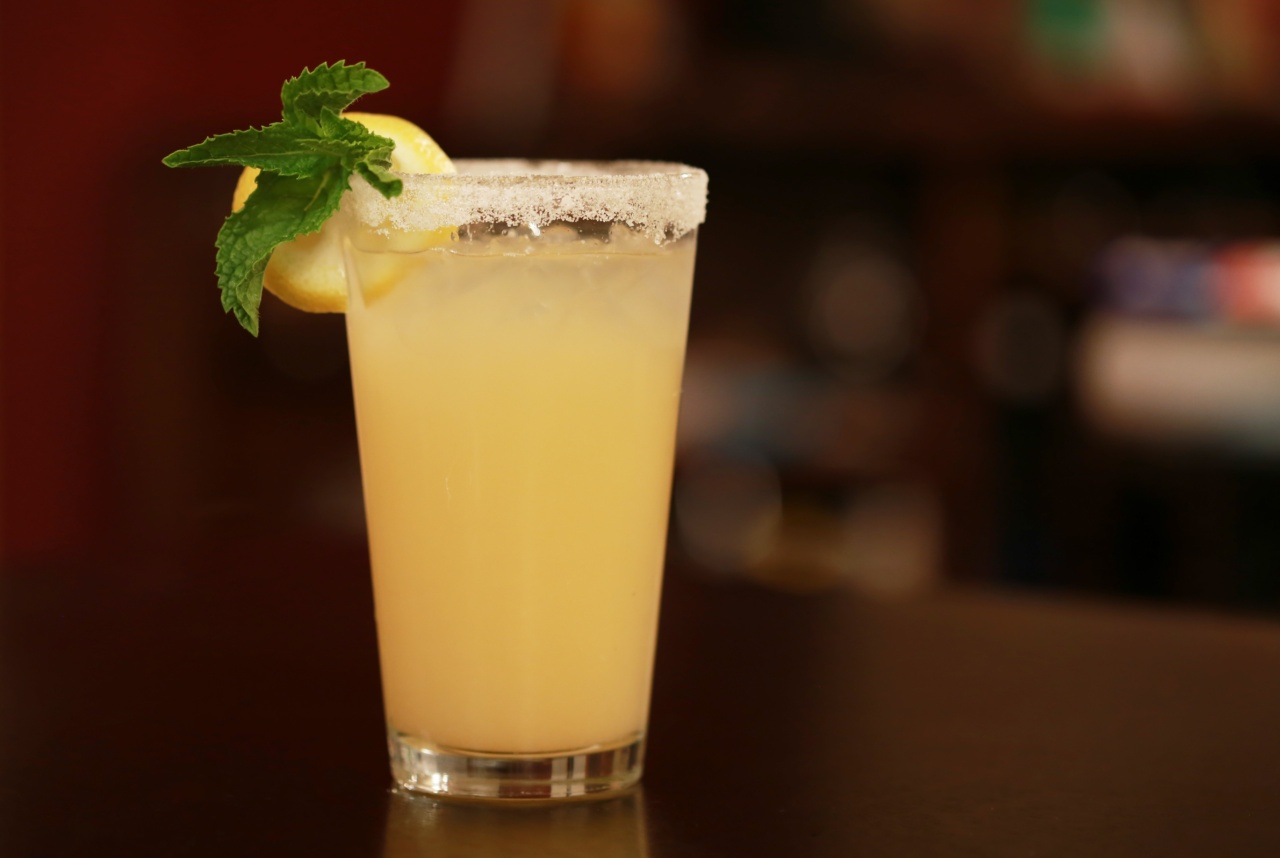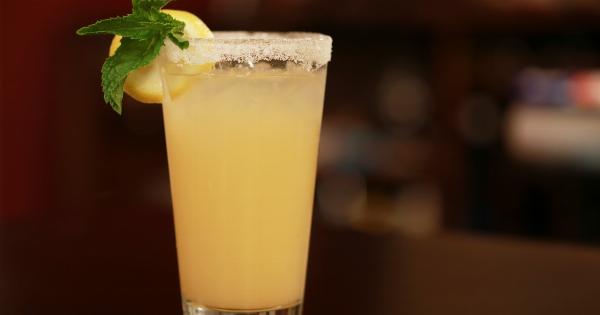One of the most commonly held beliefs when it comes to staying hydrated is that consuming salty foods or drinks will increase thirst. This belief has been passed down through generations and is often taken as fact.
However, recent scientific studies have debunked this myth, revealing that salt does not actually make us thirstier. In this article, we will delve into the science behind the salt and thirst myth and explore why it is important to understand the truth.
The Relationship Between Salt and Thirst
It is widely known that salt, or sodium, plays a crucial role in maintaining the balance of fluids in our bodies. Sodium helps regulate blood pressure and plays a vital role in nerve and muscle function.
However, the idea that consuming salt increases thirst is a common misconception.
Our bodies have a highly efficient mechanism for regulating fluid balance called the Renin-Angiotensin-Aldosterone System (RAAS).
When the body senses a decrease in blood volume, such as from sweating or dehydration, it activates the RAAS to conserve water. This system helps us retain water by reducing urine production and constricting blood vessels, which ultimately increases blood volume and stabilizes blood pressure.
Contrary to popular belief, consuming salty foods or drinks does not trigger the RAAS to activate and increase thirst.
Instead, it is the decrease in blood volume or water content in the body that stimulates the release of antidiuretic hormone (ADH) from the hypothalamus. ADH signals the kidneys to conserve water and reduce urine production, which helps maintain fluid balance.
Debunking the Myth
A study published in the Journal of Clinical Investigation conducted by researchers at Vanderbilt University Medical Center set out to debunk the salt and thirst myth.
The researchers observed two groups of people: one group was given a high-salt diet, and the other was given a low-salt diet. Surprisingly, the individuals on the high-salt diet consumed less water than those on the low-salt diet.
Further studies have supported these findings, demonstrating that salt does not stimulate thirst. In fact, consuming excessive amounts of salt can actually lead to dehydration and imbalances in the body’s fluid levels.
This is because the body needs extra water to eliminate the excess sodium through urine, leading to a net loss of water.
Understanding Thirst
Thirst is primarily regulated by the hypothalamus, the region of the brain responsible for maintaining bodily functions.
When the body senses an imbalance in fluid levels, either due to dehydration or excessive water intake, the hypothalamus sends signals to increase or decrease thirst accordingly.
Dehydration triggers a response in the hypothalamus, stimulating the sensation of thirst. However, it is essential to note that thirst is not solely triggered by low salt levels in the body.
The primary driver of thirst is a decrease in blood volume or water content.
The Importance of Hydration
While salt may not directly increase thirst, it is crucial to understand the importance of hydration and maintaining a proper balance of fluid levels in the body.
Dehydration can lead to various health issues, including fatigue, dizziness, muscle weakness, and even heatstroke.
The National Academies of Sciences, Engineering, and Medicine recommends an adequate daily fluid intake of around 3.7 liters for men and 2.7 liters for women.
However, individual water needs may vary depending on factors such as activity level, climate, and overall health.
It is vital to stay hydrated by drinking water regularly throughout the day, especially during physical activity or in hot weather.
While consuming salty foods or drinks may not increase thirst, it is still essential to maintain a well-balanced diet and limit excessive salt intake to prevent dehydration and imbalances in the body.
Conclusion
The belief that consuming salt increases thirst has been debunked by scientific research. While salt plays a crucial role in maintaining fluid balance in the body, it does not directly stimulate thirst.
Thirst is primarily regulated by a decrease in blood volume or water content, triggering signals from the hypothalamus to increase fluid intake.
Understanding the truth behind the salt and thirst myth is essential for maintaining proper hydration and overall health.
By staying hydrated and consuming a well-balanced diet, we can ensure our bodies have adequate fluids to function optimally and prevent the negative effects of dehydration.






























